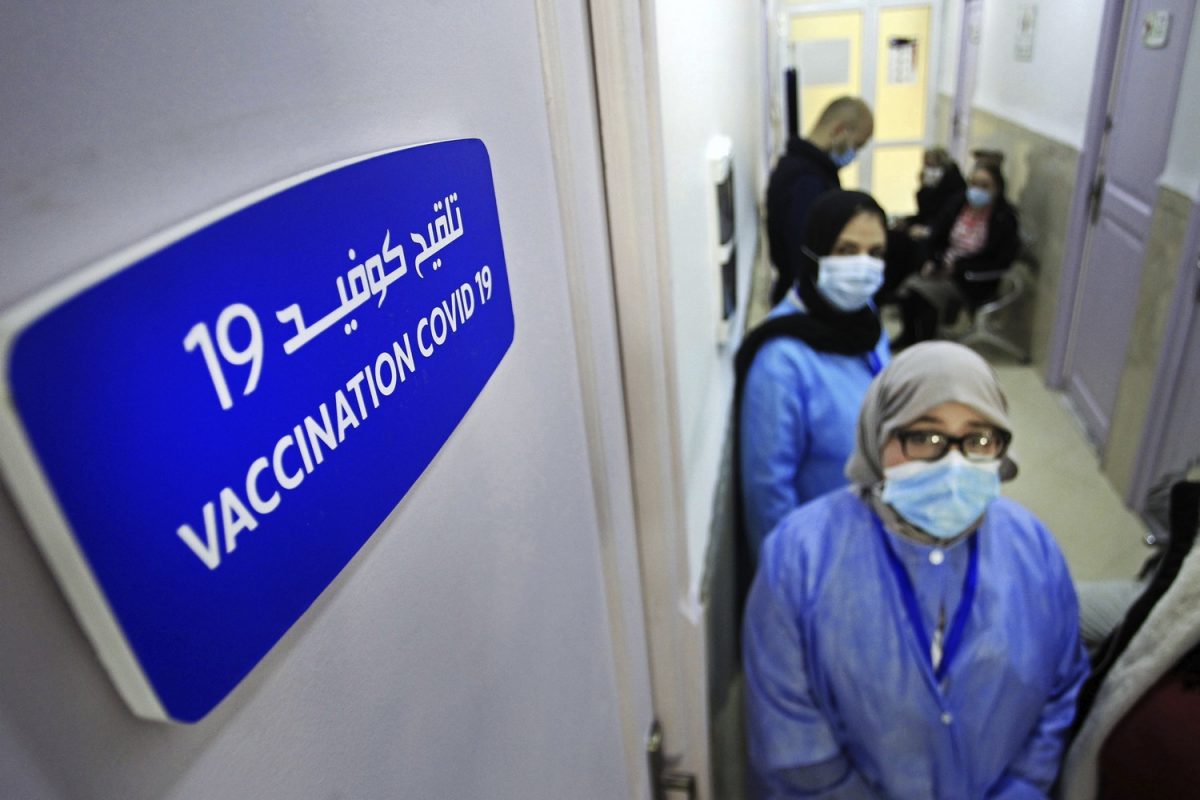
Moroccan Prime Minister Aziz Akhannouch has reaffirmed the government’s commitment to transforming the nation’s healthcare system, describing the reform as a cornerstone of Morocco’s broader socio-economic evolution.
Speaking during a plenary session at the House of Representatives on Monday, Akhannouch said the restructuring of the national health sector is not simply an isolated policy measure, but a central component of the country’s long-term development strategy.
“This is not a superficial adjustment.
It is a structural transformation that rests on bold legislative, administrative and financial decisions,” he stated, outlining the government’s approach to comprehensive reform.
The session focused on recent progress and future goals within the healthcare system. Akhannouch highlighted a framework law as the foundation for Morocco’s new health policy, which targets four key pillars: improving governance with a reinforced regional structure, enhancing the training and development of healthcare workers, expanding and modernising medical services, and integrating digital technology into healthcare delivery.
One of the standout achievements, the Prime Minister noted, has been the rapid expansion of health coverage. Previously reserved for civil servants and salaried workers, access is now extended to the entire Moroccan population.
The reform also includes a significant financial commitment. Public spending on health has increased from 19.7 billion dirhams (US$1.9 billion) in 2021 to a projected 32.6 billion dirhams (US$3.2 billion) by 2025—representing a budget rise of more than 65% under the current government.
Akhannouch framed the expansion of health services and coverage as pivotal to guaranteeing social justice and economic inclusion, in alignment with royal directives.
He further stressed that health security is now seen as a critical enabler of universal coverage.
“This reform aims to redefine the way healthcare is delivered, how it is governed, and how citizens engage with the system,” Akhannouch said, positioning healthcare as a driver of national progress.
The government’s strategy reinforces the notion that health is not merely a public service, but a fundamental pillar of sustainable development and national stability.



